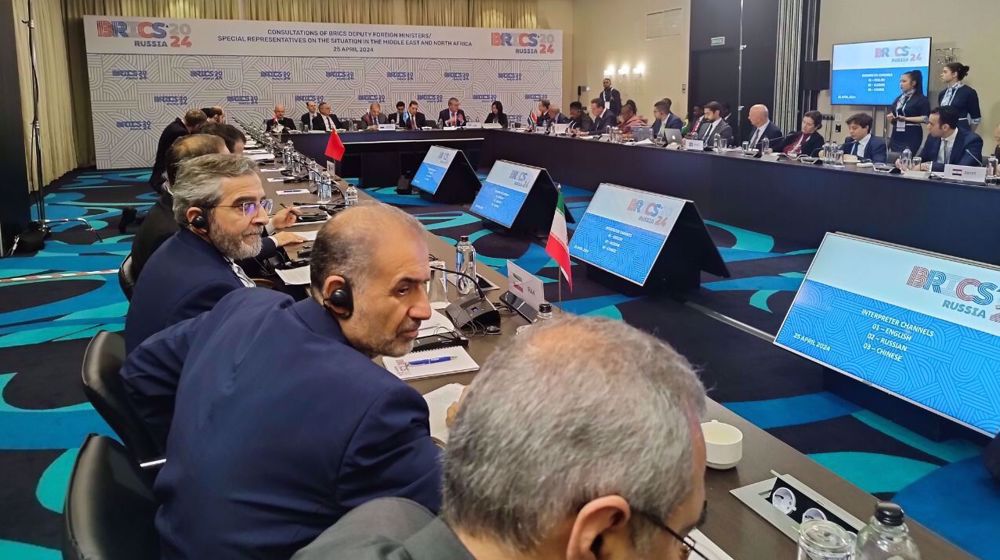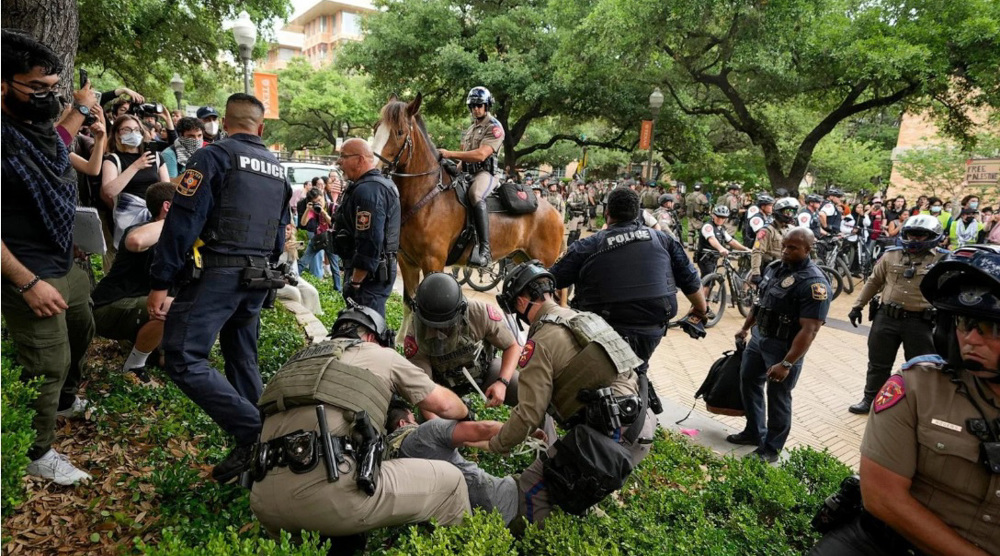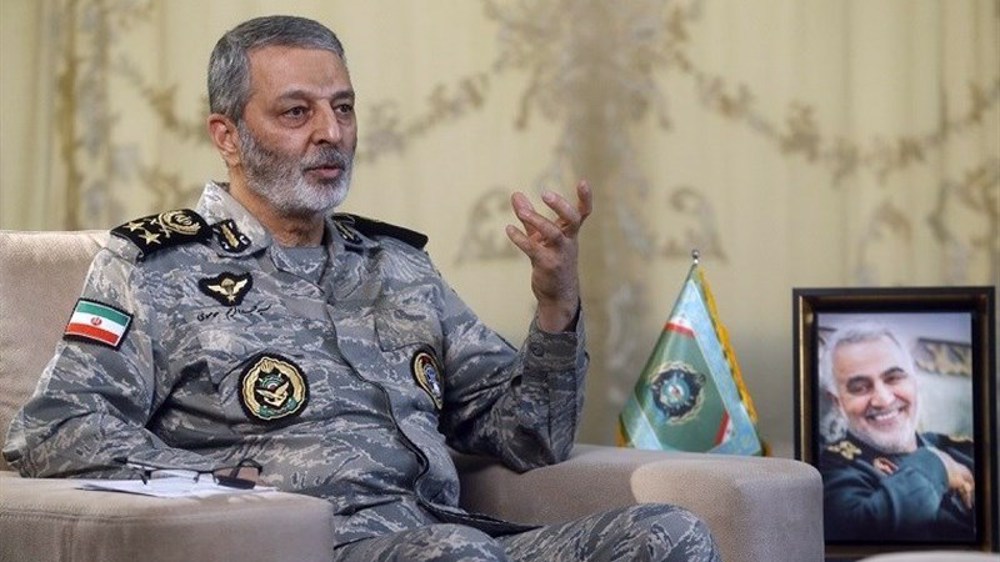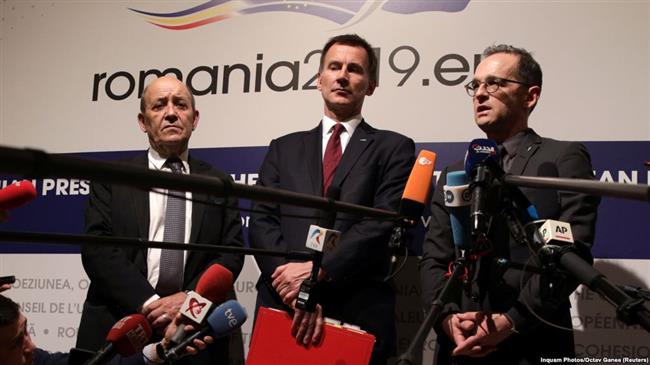Iranian nuclear program peaceful in nature: Russia’s Lavrov
Russian Foreign Minister Sergei Lavrov says Iran’s nuclear program is peaceful in nature and used for civilian means, stressing that Moscow and Washington have a great deal of differences over the issue.
Speaking after a meeting with US Secretary of State Mike Pompeo in the Russian Black Sea resort of Sochi on Tuesday, Lavrov denounced US President Donald Trump’s withdrawal from the 2015 nuclear deal with Iran, officially named the Joint Comprehensive Plan of Action (JCPOA).
The top Russian diplomat further highlighted that Moscow is working with European signatories to save the nuclear agreement.
Pompeo, for his part, said Washington will press ahead with its “maximum pressure campaign” on Iran.
He added that the United States does not seek a war with Iran, but will respond appropriately to any Iranian attacks on its interests in the Middle East region.
Last year, Trump unilaterally pulled Washington out of the nuclear deal with Iran, and unleashed the “toughest ever” sanctions against Tehran despite international objections.
Since then, the US has been trying to coerce the European parties to the JCPOA into following its lead and scrapping the agreement.
Ahead of the first anniversary of Washington’s exit from the Iran deal on May 8, the US moved to force Iran’s oil exports to “zero” and, at the same time, sent an aircraft carrier strike group, a bomber squad, an amphibious assault ship, and a Patriot missile battery to the Middle East to try to step up pressure on Tehran.
Despite Washington’s much-criticized exit, Iran chose to stay in the deal, providing the remaining parties in the JCPOA with an opportunity to save the deal by ensuring Iran’s interests in the face of American bans.
Last week, however, Tehran notified the five remaining signatories — France, Britain, Germany, Russia and China — of its decision to suspend the implementation of some of its commitments after they failed to take practical measures against US bans, setting a 60-day deadline for them to fulfill their end of the deal.
Reacting to Tehran’s move on Monday, Lavrov said Iran had every right to scale back some of its commitments under the JCPOA. He blamed the US for Tehran’s decision, calling on Britain, Germany and France to fulfill their obligations under the deal.
Earlier this year, Iran’s European partners in the JCPOA unveiled a non-dollar direct payment channel, known as INSTEX, with the aim of protecting their companies against US bans and enabling them to continue trade with Iran.
In its initial stage, INSTEX will facilitate trade of humanitarian goods such as medicine, food and medical devices.
Tehran has welcomed the launch as a “first step,” but says the EU should fully activate INSTEX to cover other areas of trade and take more practical measures to offset US bans.
VIDEO | Leader meets workers on Labor Week
French police called in to break up US-style pro-Palestinian student demo
VIDEO | US continues starving Syrians, stealing their resources
Yemeni forces strike Israeli ship, Port of Eilat in solidarity with Gaza
Columbia, Yale students bent on ending US support for Israeli genocide
VIDEO | Genocide in Gaza
Iran calls on BRICS to play role in stopping Israeli crimes
President Raeisi’s historic visit opens new chapter in Iran-Pakistan ties




















 This makes it easy to access the Press TV website
This makes it easy to access the Press TV website